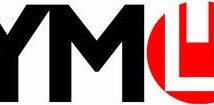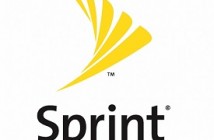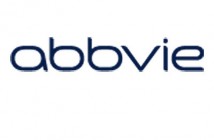Costco Wholesale Corporation (NASDAQ:COST) revealed on Friday that the company intends to pay a dividend of $5 per share to its investors along with the regular dividend of $0.35 per share that the company pays on quarterly basis. The pay out of the new dividend would start later this month. The company’s investors were obviously very happy with the announcement.
Following the announcement Costco’s (NASDAQ:COST) shares have increased 10% and on Wednesday, the company reached a closing high of around $156. Costco (NASDAQ:COST) has plans of expanding its global business in the future and the company generated enough cash to support that growth. This announcement of the special dividend depicts a reasonable return of capital to the company’s shareholders.
A reliable source of cash pay: Costco (NASDAQ:COST) has been annually inaugurating 30 new warehouses in the recent years and along with that the company is also working on a project related to IT modernization. The IT modernization program will enable the company’s various stores to perform more efficiently and will also improve the e-commerce.
In the previous two years, around $2 billion have been spent by Costco (NASDAQ:COST) on capital expenditures in order to support its initiatives. The company is anticipating a rise in its expenditures in the fiscal year 2015 from $2.5 billion to $2.7 billion. However, for the previous 4 quarters, the company’s operating cash flow has also been increasing and it exceeded the mark of $4 billion which means that Costco (NASDAQ:COST) can manage to expand its CapEx program with ease.
The company can at the same time generate $600 million in yearly dividends.
Making cash available for dividends: Although Costco (NASDAQ:COST) is able to generate reliable cash even while it is trying to fund its plans of expansion; however, the company still had to make some effort to make cash available for its shareholders. By the end of the fiscal year 2014, the company had $7.3 billion of cash as well as cash equivalents and other short-term investments.
Out of the $7.3 billion, around $1.4 billion was not readily available as the company did not yet receive its shares from credit and debit card companies. Moreover, another $1.8 billion has been reinvested by the company outside U.S as the company can then avoid paying any U.S corporate taxes on that amount. In the later months of 2014 Costco (NASDAQ:COST) made a decision of withdrawing $1.2 billion from Canada.
The company made this decision based on the fact that its growth rate in Canada had been relatively low and the company was just required to pay a small tax bill of $15 million for bringing the amount back home. This decision helped Costco (NASDAQ:COST) in making cash available paying back its shareholders.
Buybacks: Costco (NASDAQ:COST) has a history of returning cash to its shareholders and this is not the first time the company has announced a special dividend. However, Costco (NASDAQ:COST) could have utilized the method of share buybacks to return cash to its shareholders. Buybacks does not require the acquisition of an instant tax bill which is an advantage.
Moreover, buybacks reduces the share counts and as a result it elevates the value of the rest of the shares which further elevates the capital gains for the company. Costco (NASDAQ:COST) shares recently reached new highs and the future seems positive for the company’s growth.




